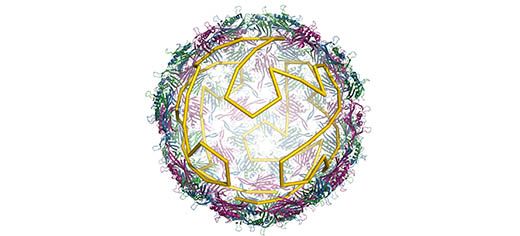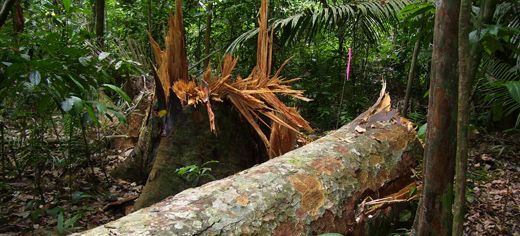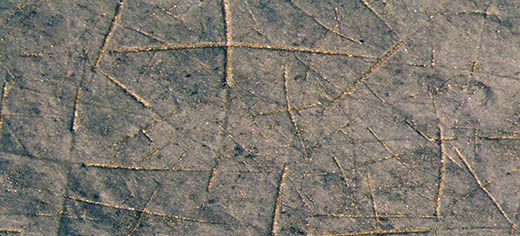
Leading the way in Earth observation research
The UK Natural Environment Research Council (NERC) has awarded the University of Leeds £5 million to host and lead two national centres for studying the Earth from space.

The UK Natural Environment Research Council (NERC) has awarded the University of Leeds £5 million to host and lead two national centres for studying the Earth from space.

The notoriously short fuses of some sports coaches could be explained by excessive concern with how they will be seen by others, according to new research.

Researchers from the University of Leeds have discovered that mutations in a specific gene are responsible for a hereditary form of melanoma.

A new £7 million centre at the University of Leeds will lead UK research in manufacturing advanced chemical products.

A new study has solved a long-standing puzzle of how common viruses reproduce themselves during an infection, opening up new possibilities for treating a range of diseases from HIV to the common cold.

A new study led by NASA and the University of Leeds has confirmed that natural forests in the Amazon remove more carbon dioxide from the atmosphere than they emit.

A study led by the University of Leeds has shown that global warming of only 2°C will be detrimental to crops in temperate and tropical regions, with reduced yields from the 2030s onwards.

Researchers have developed a new approach to simulating the energetic processes that may have led to the emergence of cell metabolism on Earth - a crucial biological function for all living organisms.

The first animals may have oxygenated the Earth's oceans - contrary to the traditional view that a rise in oxygen triggered their development, according to a study published in Nature Geoscience.

Leeds Festival of Science (14 March - 4 April) marks its 8th birthday this year with a packed programme of events for the general public.